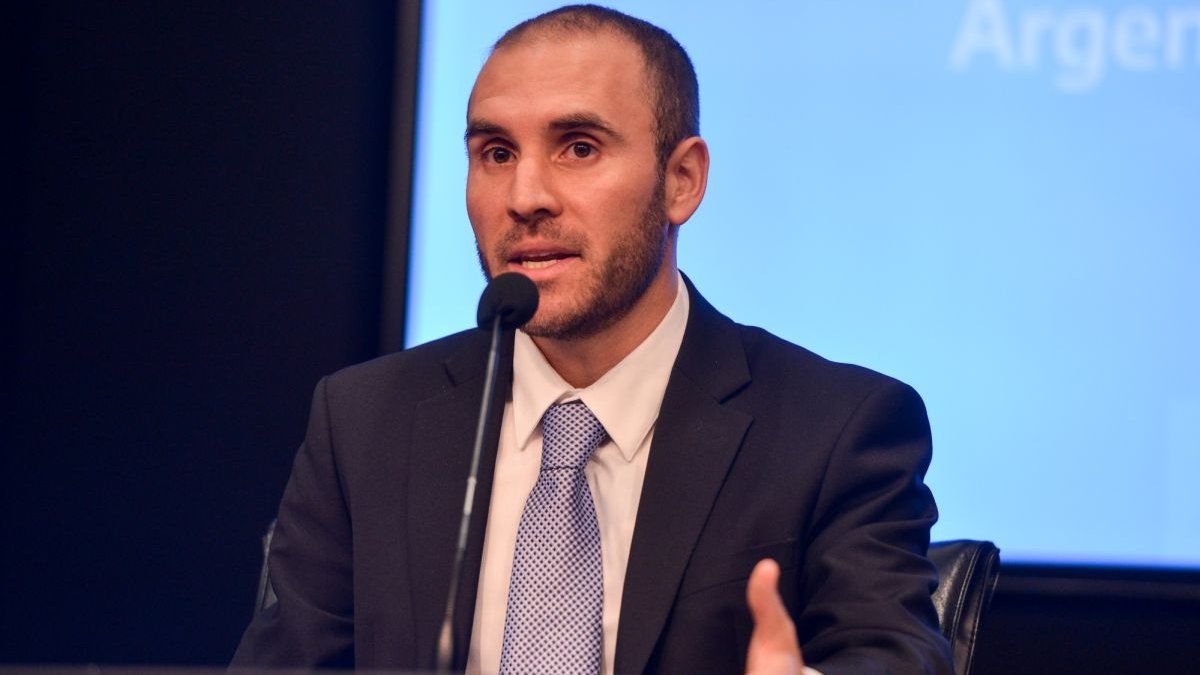It is interpreted that Guzmán’s decision to communicate his resignation through social networks at a time when the vice president Cristina Fernandez I was giving a speech, it was “a little revenge” with who was your main critic. Clearly, the resignation surprised President Fernández, they comment on his environment, and they argue that “Guzmán cannot ignore the impact of this news on an economy that remains fragile.”
These concepts are also shared by members of Kirchnerism who, although they were critical of the former minister, consider that “He left doing damage to the country.”
In international media there was also a critical reading of the minister’s departure. “Guzmán presented himself as the guarantor of measured policies in Argentina and now he is leaving his post, plunging the economy into greater uncertainty”, said a trader in New York. Moreover, it is not understood why Guzmán continued to advance in talks with the Paris Club if, as they say around him, he had already made the decision to leave his post last Thursday.
However, in the presidential environment it is said that “either Alberto did not understand the signals that Guzmán gave him or Guzmán was not clear enough about his intention to resign.” What is concrete, they maintain, is that “Resigning the minister most defended by the president not only puts him in the predicament of having to choose a replacement, a difficult task in itself, but also aggravates the confrontation between Alberto and Cristina”.
Back
The successor of Martín Guzmán in the Ministry of Economy will need broad political supportcoincide in pointing out both economists and members of the national government.
In this regard, they point out that, with a minimum level of foreign currency reserves, without external financing, with increasing difficulties in obtaining credit in pesos and limitations to continue issuing, the future head of the Palacio de Hacienda it must carry out a policy of rationalization of public spending in order to achieve a “fundable” fiscal deficit. And, of course, they consider that the president’s support will be key.
It should be remembered that, according to the International Monetary Fund, public spending growth – above inflation – of almost 13% in the first semester must go from a contraction of close to 8% in the second, a process that It presupposes the application of severe fiscal discipline.
In the second quarter of the year, Argentina met the fiscal goals agreed upon with the IMF, according to Guzmán before leaving his post. What he did not clarify is that It was achieved on the basis of a significant postponement in expenses, of the order of 150,000 million pesos, as it transpired.
The aforementioned IMF report also indicates which sectors of public spending would increase and where the cuts would come from. In light of the increase in international energy prices and the delay in adjusting rates (aggravated by the delayed segmentation proposed by Guzmán), it is calculated that economic subsidies would go from representing 2.2% of GDP to 2.6%.
Higher inflation, particularly due to the rise in food prices, would also lead to an increase in social spendingfrom 3.2 to 3.5% of the product.
In return, the adjustment would fall on pensions – Expenditure on pensions would drop from 2.2% of GDP to 1.8%- which would be liquefied by the acceleration of inflation, as well as on public works. In this way, capital expenditures would go from 2.2% to 1.8% of the product. It should be noted that, compared to last year, it would mean maintaining the pace of public works, but it would still mean a conflict in relation to the projects already committed.
Source: Ambito
David William is a talented author who has made a name for himself in the world of writing. He is a professional author who writes on a wide range of topics, from general interest to opinion news. David is currently working as a writer at 24 hours worlds where he brings his unique perspective and in-depth research to his articles, making them both informative and engaging.




